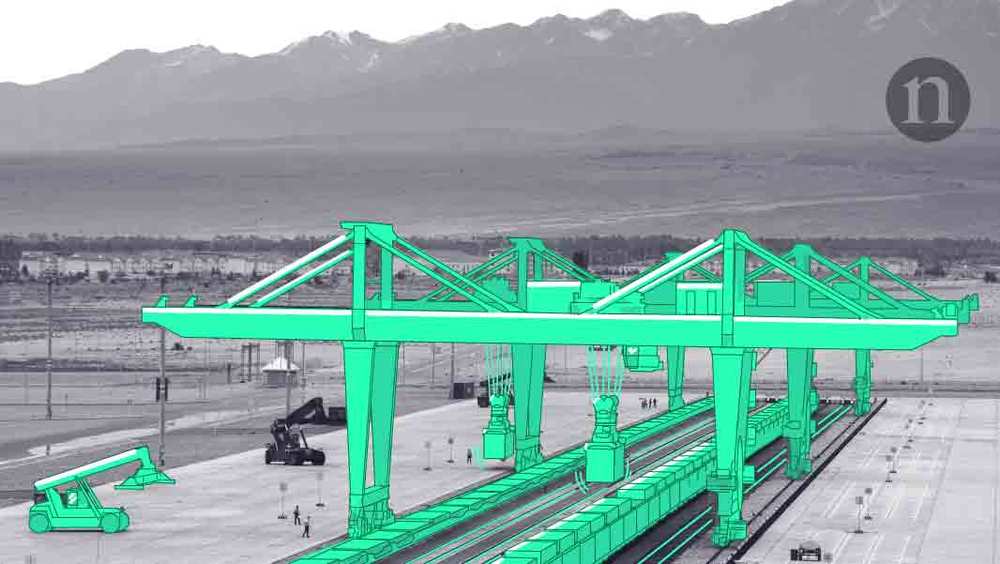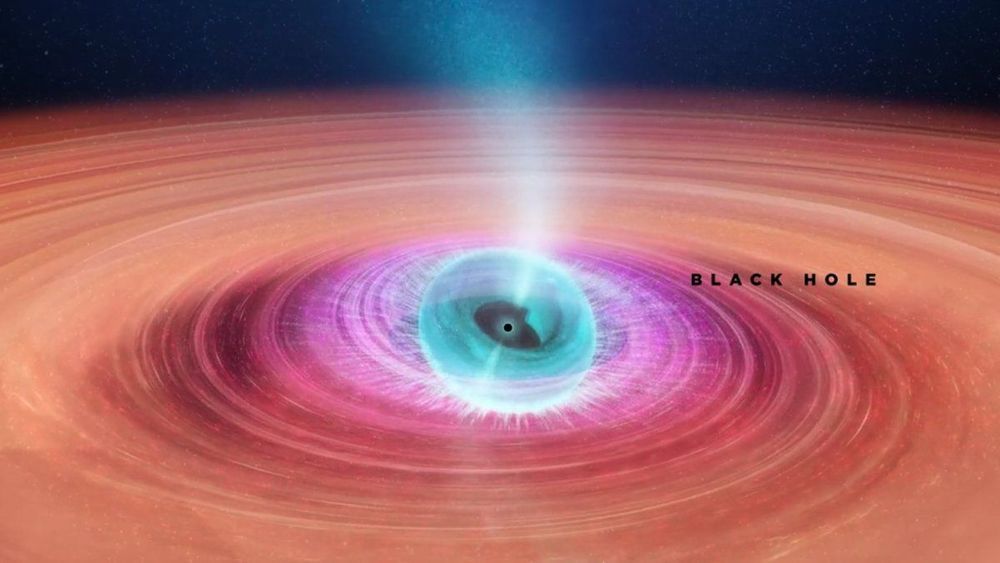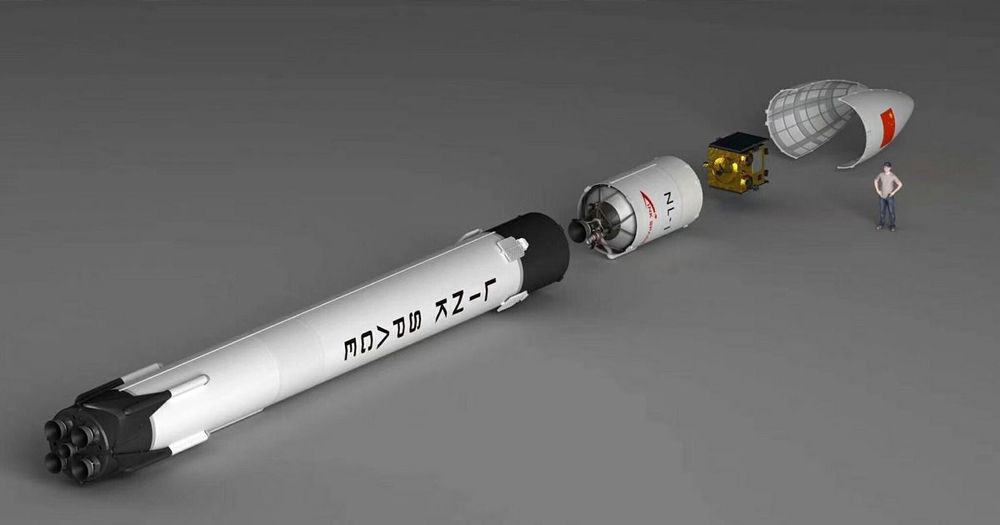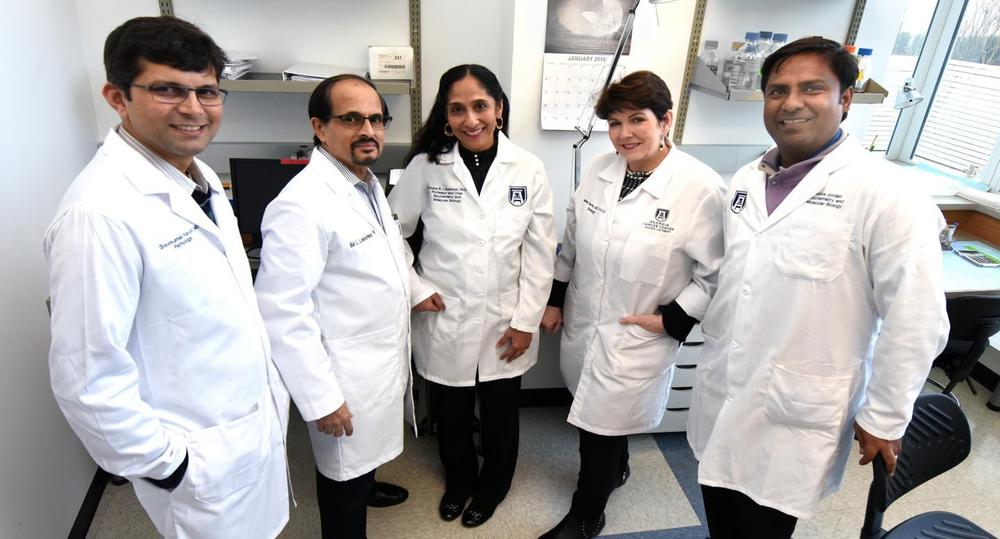Two California designers have won a $1.5 million prize after building a shipping container that can harvest water from the air. David Hertz and Rich Groden were named the winners of the Water Abundance XPrize for their innovative creation, which can produce enough water to satisfy the needs of 100 people.
The competition, which began in 2016, asked designers to build a device that could extract at least 2,000 liters of water a day from the atmosphere while only using clean energy and costing no more than 2 cents a liter. Nearly 100 teams entered the challenge, which was eventually whittled down to two finalists. Hertz and Groden’s team, called Skysource/Skywater Alliance, won the prize because their invention “demonstrated the greatest ability to create decentralized access to water,” per a press release.








